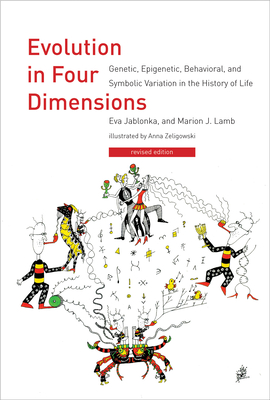
description
of the astonishing diversity in sexual characteristics and behaviors of plants from the fig-tree to the sacred lotus. Why do some plants flower while others do not? What happens during pollination? How can the Haleakalā silversword reproduce all alone? In Sexus Botanicus, artist and writer Joanne Anton sheds light on the fertilization process of plants and relates their origins and their spectacular diversity. While sexuality has long been a source of interest for us humans, we sometimes forget to consider its primordial role in evolution. Without sexuality and the genetic union it enables, life would not assume the biodiversity it displays. Sexus Botanicus introduces us to a wide range of extraordinary specimens, some very ancient and still with us, and some their descendants by millions of years: time-traveling plants (from the wedding of a mushroom and an alga 450 million years ago to the amorous mosses that help maintain the balance of our ecosystems today); the literal flower-power sexual revolution of angiosperms (from their reliance on wind for sex to some of their edible ovaries we commonly refer to as "fruit"); zoophilic plants (from the sexual doings of bumblebees and tomato plants to the mutually beneficial pollination program between yucca and moths); the games of deception played between plants, insects, and birds; and the improbable plants operating in such extreme environments as deserts and volcanos (some of whom, such as Australia's Queensland grasstree, utilize conflagration to reproduce). Hand-illustrated by the author in color throughout, the book also includes a full glossary of all relevant terms to introduce readers to the scientific language of plant sex.
member goods
No member items were found under this heading.
Return Policy
All sales are final
Shipping
No special shipping considerations available.
Shipping fees determined at checkout.







